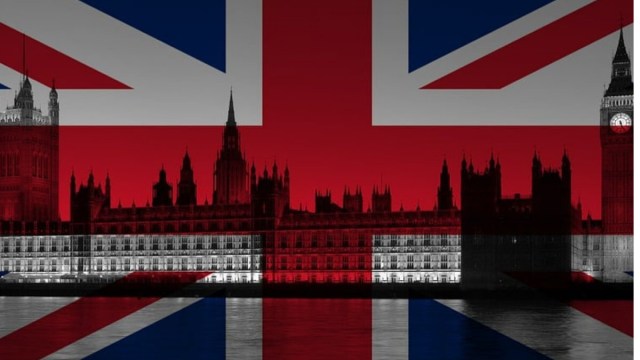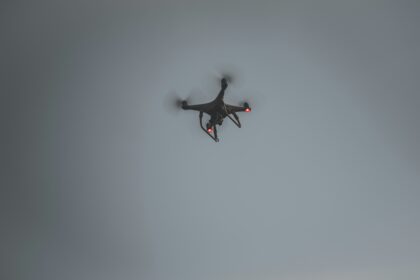President Donald Trump has made it dramatically more expensive for U.S. companies to hire foreign talent. On Friday, the White House announced a new proclamation requiring employers to pay a $100,000 fee for each new H-1B visa application, a staggering jump from the current $215 lottery registration fee.
The H-1B program, capped at 85,000 new visas annually, allows U.S. firms to employ highly skilled foreign workers in technical fields like engineering, IT, and medicine. The visas are granted through a lottery and typically last three years, with options for extensions and green card applications.
The Trump administration framed the hike as a crackdown on “widespread abuse” of the program, blaming it for displacing U.S. workers. Officials noted that the share of IT workers on H-1Bs has jumped from 32% in 2003 to over 65% today, while unemployment among recent computer science grads is 6.1%.
The move sent shockwaves through Silicon Valley, where immigrant talent has long been central to innovation. Elon Musk, who first worked in the U.S. on an H-1B, once defended the program passionately, tweeting:
“The reason I’m in America along with so many critical people who built SpaceX, Tesla and hundreds of other companies that made America strong is because of H1B.”
Related: Trump’s U.K. State Banquet Draws Top Tech CEOs, Including Tim Cook and Sam Altman
Mike Krieger, co-founder of Instagram and now Chief Product Officer at Anthropic, also started his career on an H-1B visa. Startup leaders and venture capitalists warn the policy could choke off the pipeline of future immigrant founders.
The National Venture Capital Association recently argued that raising, not restricting, H-1B visas is key to fueling more immigrant-founded companies. While H-1Bs are hard for entrepreneurs to obtain directly, they provide work experience and a path to green cards that allow future company creation.
On Friday, Amazon, Google, and Microsoft reportedly told employees on H-1B visas to avoid foreign travel and stay in the U.S. Tech leaders warned on X that top talent may instead head to more welcoming countries.
The White House proclamation also directs the Labor Secretary to revise wage requirements to prevent H-1B hires from undercutting American salaries. It leaves room for case-by-case exemptions in the “national interest,” but critics say the $100,000 barrier will deter startups and smaller firms while consolidating hiring power among large corporations.






